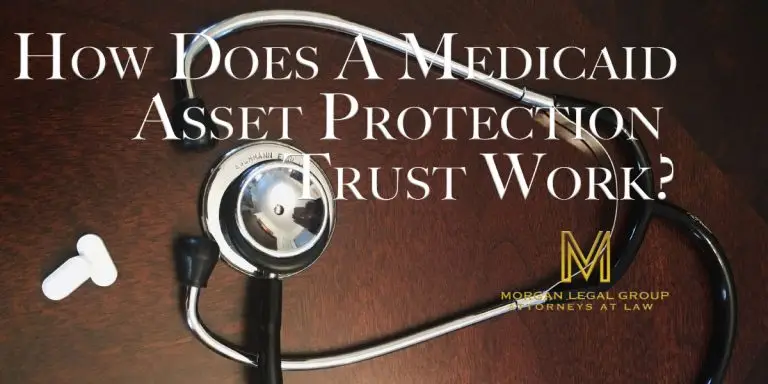
Action needed on team valley shortage of large scale commercial property space.
What Is Commercial Real Estate (CRE) Business land (CRE) is property that is utilized solely for business-related purposes or to give a work area as
Home » Trusts and Estates Lawyer Long Island » Page 4

What Is Commercial Real Estate (CRE) Business land (CRE) is property that is utilized solely for business-related purposes or to give a work area as

At the point when an individual passes on, a probate court disseminates his resources and obligations as indicated by the details of his will. In

Kara Gansmann dedicates her whole practice to senior law and home arranging in the Wilmington office of Cranfill Sumner LLP (Cranfill Sumner). Kara is particularly

Innovative Capital Imaginative Capital is a philanthropic association that has granted more than $50 million to specialists for the production of pivotal new work in

Although the concept of a four-day workweek may be new to many, interestingly, some companies like Think Productive, a business management consultancy adopted it since

At the Optimist Daily, we’re putting a ton of spotlight on what the world can do after the pandemic to make a better, more economical,

A special needs trust allows a disabled individual to get benefits from the trust funds while still receiving public benefits like Medicaid and Supplemental Security

A 2026 Guide to Pooled Trusts for Long Island Home Care For more than 30 years, I have helped families across Long Island navigate the

Instead of lavishing their assets to qualify for a Medicaid, most individuals usually create plans to secure the asset in a way that still makes
Many Americans are embracing Medicaid due to the expensive nature of nursing care homes in the United States. In NYC, the monthly average nursing care